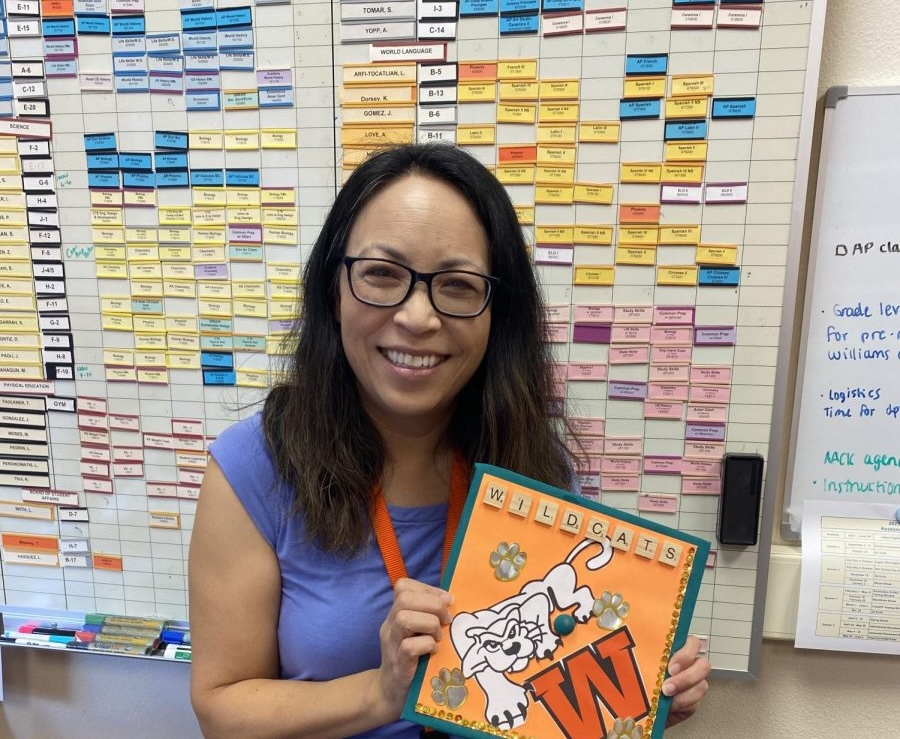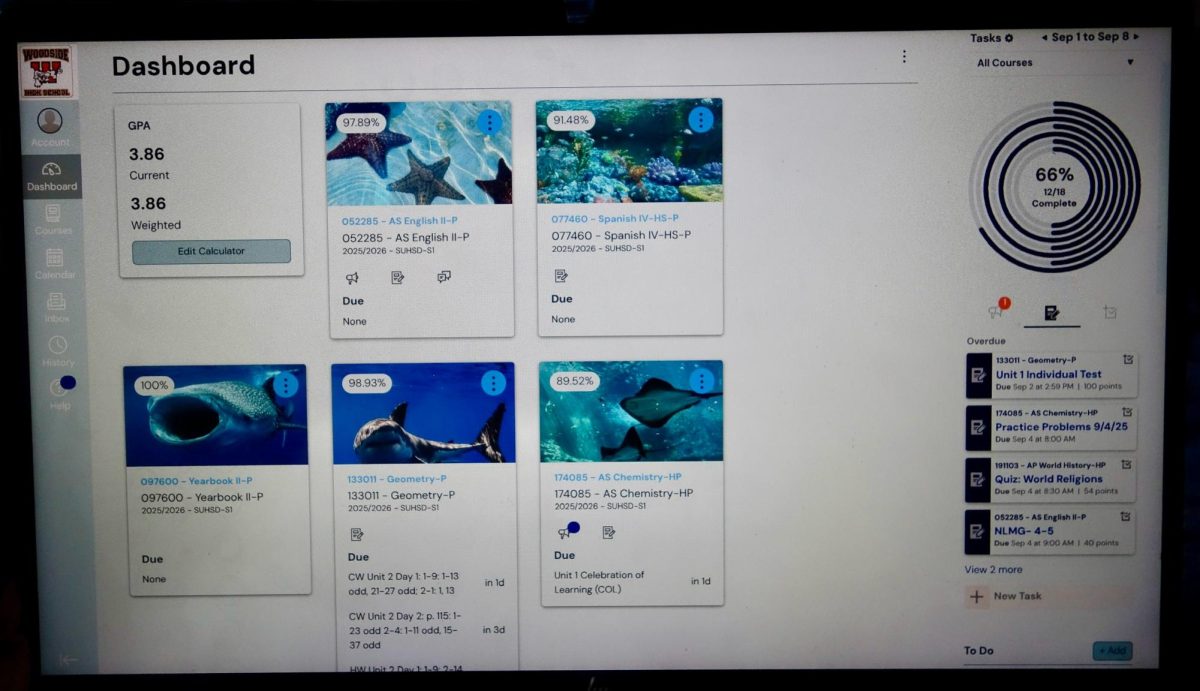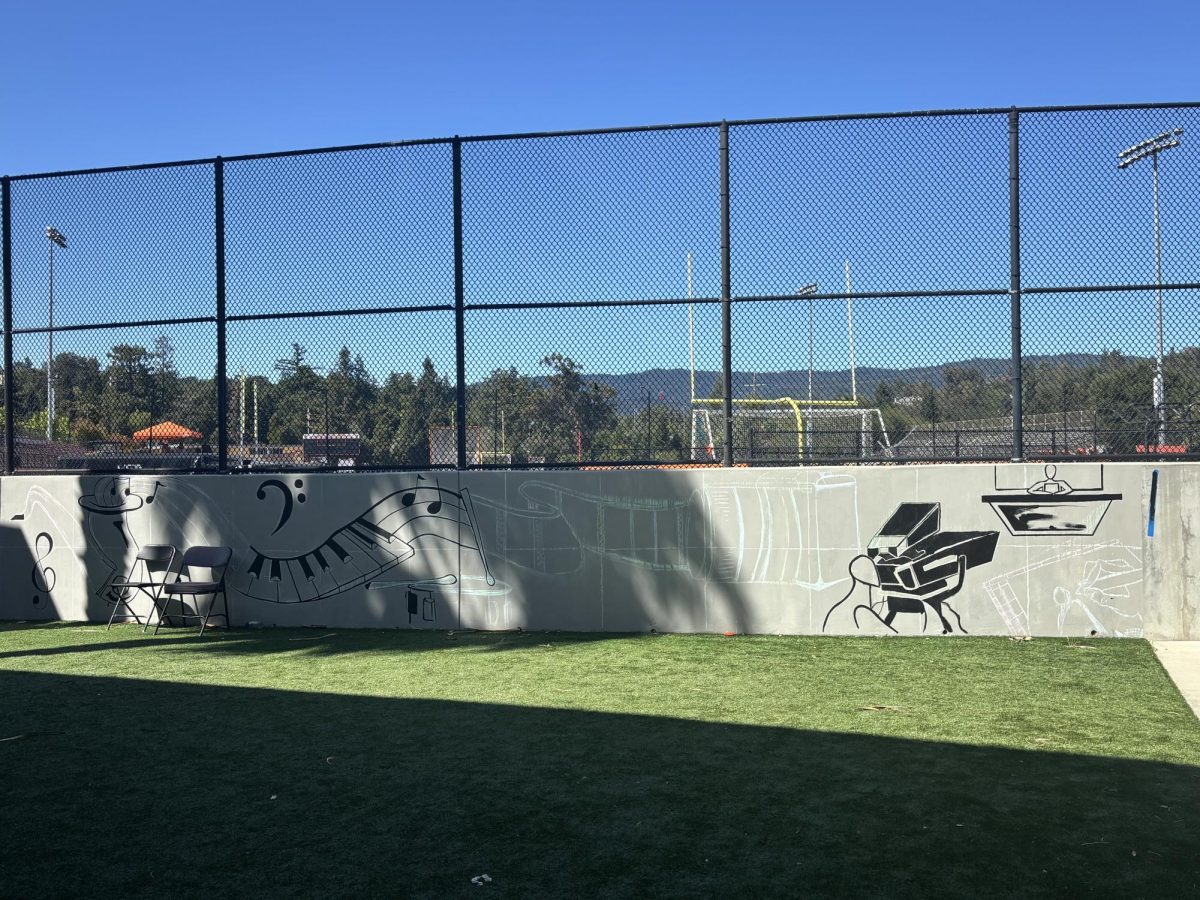
With the year coming to a close, the long grueling nights of going over notes and textbooks will not be missed by students. However, the constant need for academic success created a cycle for many students. Leaving many to have academic burnout heading into the summer break.
Academic pressure is when one experiences extreme stress to achieve academic goals, whether from within, from peers, teachers, or parents. The symptoms are evident in students: an obsession with grades, anxiety, intense competitiveness, changes in appetite, working constantly, difficulties in sleeping, social isolation, and loss of interest in previously enjoyed pastimes. These are issues that students deal with daily across schools in the Bay Area.
“Academic pressure is a sort of framework in society for what we consider a successful life,” sophomore Megan Xu stated. “There’s pressure to do certain things academically to feel like you are succeeding in life and setting yourself up for a successful future. For example, to feel successful, [students are trying to] score the high standardized tests, take the hardest classes or the most extracurriculars.”
For college and career advisor and Advancement Via Individual Determination (AVID) teacher Lisa Vasquez, this fixation is becoming more of a concern. More teachers and administrators are voicing that academic success isn’t about doing the most.
“It is a serious issue because so much of it is grounded in this imaginary world to compare yourself to other people,” Vasquez stated. “So many of our students are getting caught up in, ‘oh, I have to do like four APS or else I’m not going to get into the right school.’ But the question is, what is right? That’s subjectivity, understanding that you need to know what works for you.”
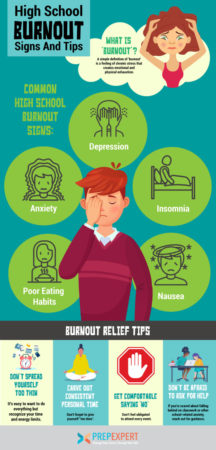
Many students find it hard not to compare themselves to others when it comes to academic success, but some fail to recognize how detrimental it is.
“I naturally compare myself with people in every way in terms of personality, intelligence, and insight,” Xu stated. “It’s never been a positive thing, but it’s human nature. There’ll be times when I see that these people can do all these [classes and extracurriculars], and here I am with nothing on my plate, and still, I’m not able to do anything.”
Academic pressure effects on students’ health have become more evident in recent years. For retired registered nurse and substitute teacher Debbie Moore, her experience with patients has left her feeling angry at society’s pressure on students.
“In the Bay Area, we have put our children through the anxiety and depression wringer for not measuring up to this, quote on quote, perfection,” Moore said. “When I was a nurse, I used to work [and] one of those girls was like, ‘I can’t believe I’m here. I’m going to be missing school’. [I said] you almost died. Your heart is affected by your eating disorder, honey. She was so worried that her grades were going to fall. That’s screwed up.”
Grades are often the main stressors for students. With more than two-thirds of colleges and universities no longer requiring won’t require the SAT for admission, students now feel that they have to rely on their GPA and extracurriculars to stand out heavily.
“Your grades are a reflection,” Xu stated. “But you shouldn’t feel worse about yourself. I can’t help but feel worse about myself because of a bad grade. But a grade doesn’t reflect character but it does reflect effort, time commitment, and work ethic. In the end, schools can see what extracurriculars you do and how well you do in your classes, and that’s all they can see about you. They can’t take the time to get to know you, so they’re judging you on your academic results.”
Grades aren’t just a reflection of the student; instead, they reflect the teacher and the curriculum.
“If you get a bad grade, it may seem like your world will crash on you,” Moore said. “But really, it’s just a system test meaning tests are for the teachers because tests tell them you’re not teaching thoroughly if half the class is failing the class. It’s not just the kids. It’s what you as the teacher are doing wrong that you’re not getting through to them.”
According to the American Psychological Association, a two-year study with over 12,000 US students and their parents saw that parents with overly high aspirations lead to worse academic performance in their children. Parental pressures can lead to worsening mental and physical health.
“[Parents and guardians often] associate their self-worth with their kids’ grades, which is strange,” sophomore Patrick Van Hoven stated. “Kids have depression, anxiety, and mental [health] issues because they’re expected to get all A’s, have a perfect LSAT score, go to Harvard, etc. I’ve heard people even committing self-harm because they have so much pressure from their parents and they’re not interested in doing the things that their parents require.”
High school is for finding yourself, not striving to take on as many APs and advanced classes as possible for other parents.
“AP classes and this AP program are just ridiculous because [teens] only have till their 18 to be a child,” Moore stated. “And when you are 18. You don’t get to be children anymore. Everybody expects you to be an adult. These are the only years you get to make mistakes, explore and learn from failure, and try new things. I want them to enjoy their childhood and look back and smile.”
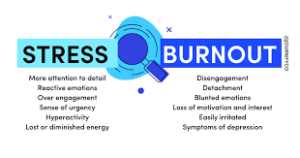
Academic validation or the need for academic success has diminished the importance and balance of failure and success, affecting mental health and self-worth when faced with failure.
“Expressing your successes and failures is crucial to maintaining a healthy relationship with failure and success,” Van Hoven stated. “I’m my worst critic, but the healthy way is to talk about your failures to other people because you need to normalize failure because everyone fails. But also, it’s important to acknowledge when you do something well. You can humble brag a little as you’ve earned it.”
Senior Nikhil Kumar thinks that students’ approach to success past high school doesn’t have to be conventional as it’s their future, not anyone else’s.
“I’m going to community college. For me in particular, I think it’s where you end up and not where you start,” Kumar stated. “I don’t think you have to go to a pretty prestigious college. A college education is very important [but some jobs] don’t necessarily need a college education. It’s just about how hard you work and what you bring to the table. And that’s what a company will base on when hiring you. You should just try to do your personal best because, at the end of the day, it’s your future.”
As a parent, Moore thinks that students should live less as students and maintain a healthy balance with their time.
“You need to have times where you just have downtime, without anything to do and just watch mindless TV for a little bit, that’s important, or just talking to friends about stupid stuff,” Moore said. “Every week, look back on that day and think, how could I have done things differently to make myself happier? Not, ‘did I study enough?’ How can I make myself happier? You can have the perfect balance between school and social life.”
With the school year coming to an end, students must take the time to relax. With the pressures for academic success, not going anywhere is crucial to maintain a healthy balance during the next school year.
“Stress can hurt a lot of students,” Vasquez stated. “But ideally, what we are supposed to be doing as humans is we should be trying to get better every day—growing every day and learning from our mistakes because we’re not robots. I hope that students can look at the past few years and realize the same old formula doesn’t have to work. We should be able to adapt, to be different, but first, we have to be willing to adapt.”



